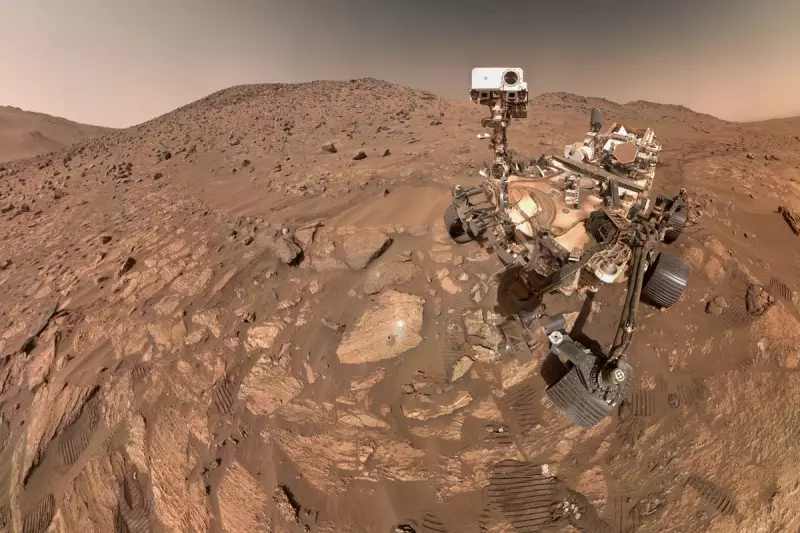
In a groundbreaking discovery that rewrites the narrative of Mars' ancient history, NASA's Perseverance rover has uncovered startling evidence that the Red Planet's waterways were far more powerful and voluminous than previously believed.
The robotic explorer's latest findings from the Jezero Crater—a long-dry basin believed to have once held a vast lake—point to a dramatically different past. Instead of the gentle, meandering river scientists initially hypothesised, new data suggests a deep, fast-moving river system capable of moving large sediment.
Curiosity's Clues and Perseverance's Proof
The search for ancient water on Mars isn't new. NASA's Curiosity rover, exploring Gale Crater, first identified evidence of shallow, streams. However, Perseverance's mission in Jezero Crater was specifically designed to hunt for more definitive signs of habitability.
The rover has now struck scientific gold. By analysing layered rock formations using its Mastcam-Z camera, the team identified coarse sediment grains and cobbles—tell-tale signs of a high-energy river that carried significant debris, much like those found on Earth.
Reading the Rocks: A Story of a Powerful Flow
Two distinct formations tell the story. 'Skrinkle Haven' showcases curved layers of stratified sand, indicative of a river bank shaped by a constant flow. Meanwhile, 'Pinestand' is a towering hill with sediment layers that curve skyward, suggesting a deep, powerful river channel.
'The curved layers at Pinestand are particularly compelling,' said a NASA project scientist. 'These structures point to a river that was actively building sediment banks, not a quiet, winding stream. This was a river with real energy.'
Why This Discovery Matters in the Hunt for Life
Understanding the force and persistence of Mars' ancient waterways is crucial. A powerful, long-lived river system would have created a more stable and potentially habitable environment for microbial life. The energy of the water could also have carried and preserved organic material, trapping it within the sedimentary rock.
Perseverance's primary mission is astrobiology, including caching samples that may contain signs of ancient microbial life. These newly identified rocks are prime candidates for future sample collection, offering the most promising glimpse yet into Mars' biological potential.
The rover continues its exploration, its findings bringing us closer than ever to answering one of humanity's oldest questions: were we ever alone in the solar system?





